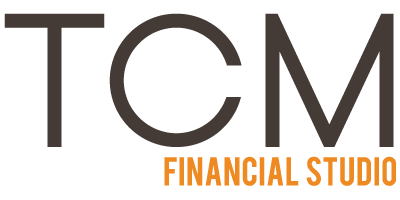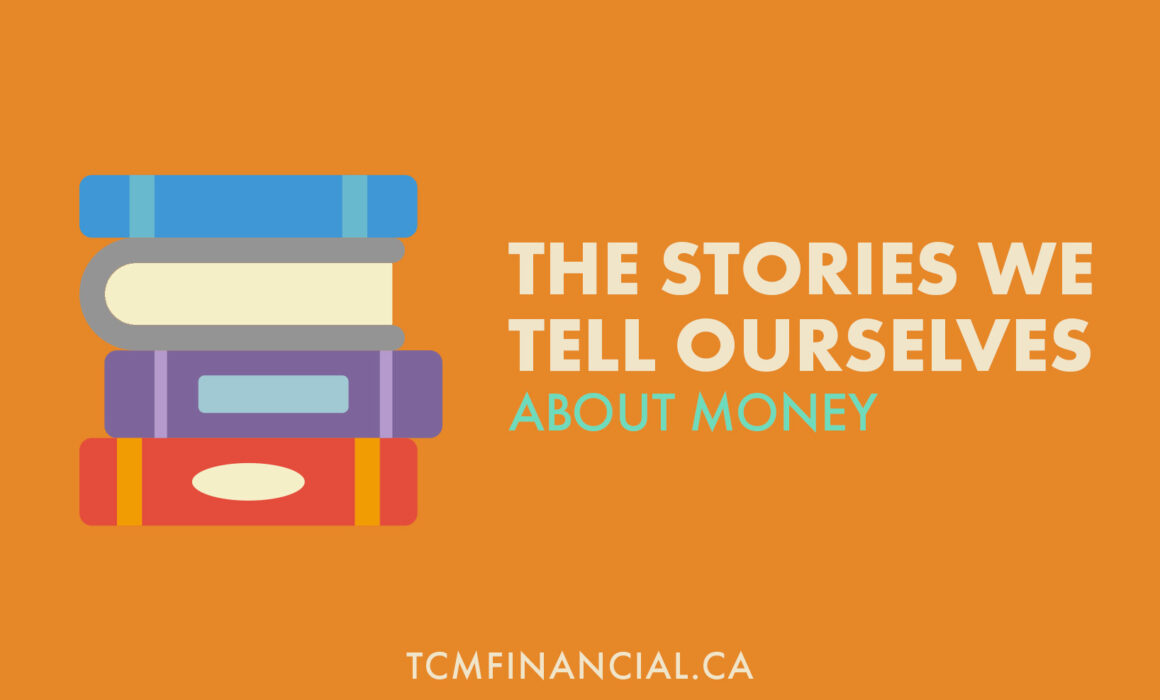The Stories We Tell Ourselves About Money…
We like to think we are in control, all of the time. Of course, this is rarely the case given the myriad of factors beyond our control that exist in our lives.
Money is no different.
The term “financial literacy” has gained prominence in public policy over the last number of years as governments seek to increase the understanding of money and the economic systems in our society. Presumably, this is to help ensure that people can make better decisions when it comes to their money, whether planning for the future or trying to manage next month’s budget. We suppose that, if successful, reliance on the government or government programs (such as Canada Pension Plan (CPP) or Old Age Security (OAS)) as the main facet of an individual’s financial plan will be less likely.
As we learn more about financial literacy we might stumble across our own “money scripts”. These are the unconscious beliefs we hold about money that affect our financial behaviours and attitudes and can be engrained in our minds from a very young age. Typically, they are about things that we tend not to have very much control over. We think that by examining these money scripts and how they might play into our day-to-day financial decisions, we can positively impact our financial plans; potentially even more so than by increasing one’s understanding of typical financial concepts like RRSPs, mortgages, credit card interest, etc. This is because our money scripts are with us everywhere we go and in every financial transaction, not just when we sit down to plan.
Examples of money scripts might be phrases like:
“There will never be enough.”
“The stock market is rigged.”
“I don’t deserve money.”
“More money will make things better.”
The problem with money scripts is that they often contain “incomplete, conflicting, or partial truths.” (1) It is not until examining what your money scripts are that you can begin to understand how they might be affecting your spending habits, your relationships, and even your emotional health.
Interested in learning more about your own money scripts and financial beliefs? Dr. Brad Klontz Psy.D., CFP® is one of the creators of the Klontz Money Script Inventory (KMSI), and you can visit his website below in order to complete an online Money Script Survey for yourself.* It’s a great exercise in starting a conversation about money with your partner, or just to learn a little more about yourself and your own financial beliefs.
Cheers,
TCM
KMSI: https://www.bradklontz.com/moneyscriptstest
*On this site, in order to complete the KMSI you will need to provide an email address for marketing purposes. If you would rather not do that, please reach out and we can send you our paper copy from Brad’s book.
References
- Klontz, Brad et.al (2016). Facilitating Financial Health (2nd ed., p 64). National Underwriter Company.
Disclosures
The information in this document has been prepared by Taylor Hewson and Connor Hewson, registered investment advisors with PEAK Securities Inc. The information has been obtained from sources considered reliable and relevant. The information in this document is general in nature and may not be complete in regards to your personal situation. This document does not constitute investment advice. The opinions expressed above do not necessarily reflect those of PEAK Securities Inc. Peak Securities is not liable for the content of this document.



